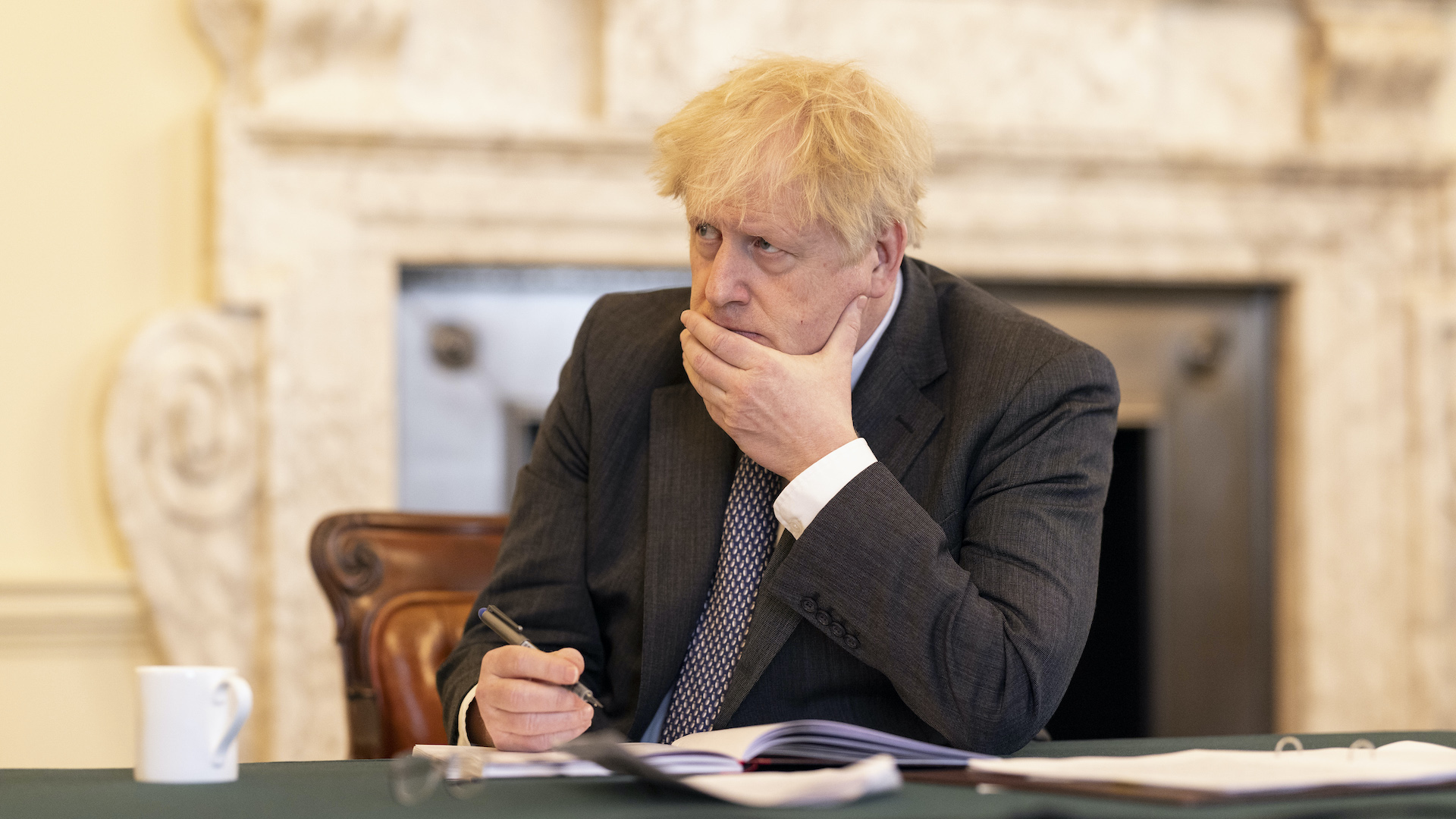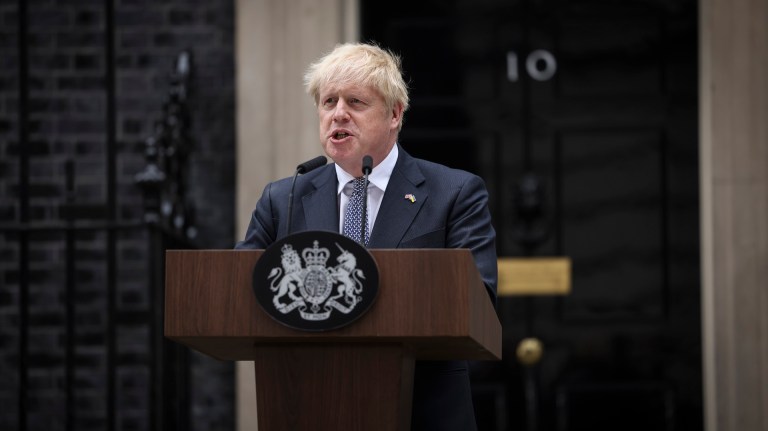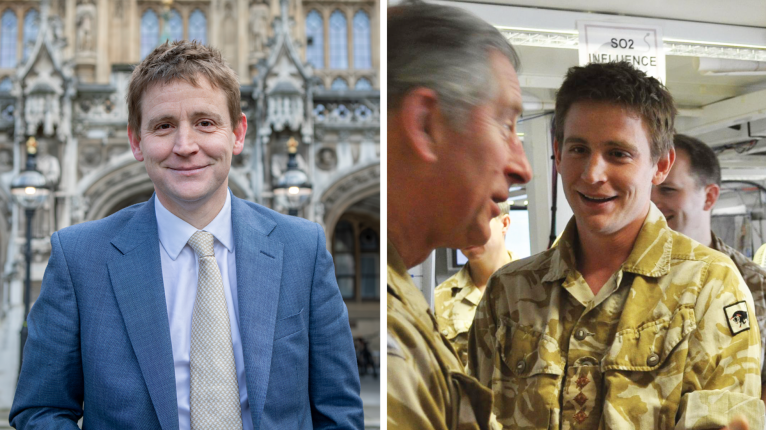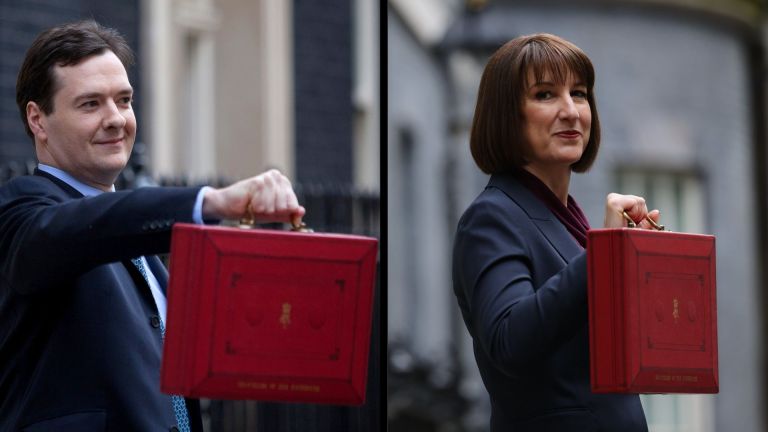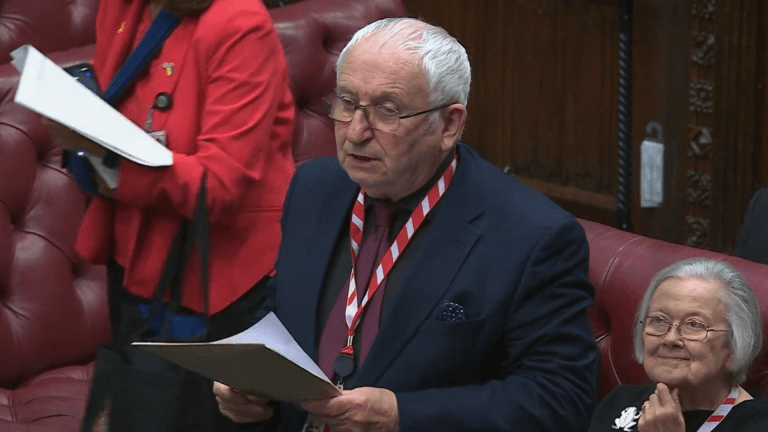Now it is morally and politically impossible to remove itTory MP Andrew Bridgen
A government spokesperson told The Big Issue support would focus on helping people on benefits into work after September, but members of Johnson’s own government are reportedly unhappy with the cut, according to the Guardian. Coffey is said to be uneasy about the change but resigned to Sunak’s wishes to recoup the £6 billion annual expenditure.
The backlash is spearheaded by the Northern Research Group (NRG), a caucus of around 50 Tory MPs. “This uplift has been a life-saver for many people during the pandemic,” an NRG spokesperson told the Independent in July.
They added: “Keeping the uplift is not a zero-sum game for the government. Many people on universal credit are in work or want to be in work and we shouldn’t pull the rug from under their feet.”
“This uplift goes hand-in-hand with the government’s jobs-led recovery by supporting people in the right way. To end it now would only hamper the economic recovery ahead.”
The known number of Conservative MPs opposing the cut is believed to be almost 60: the roughly 50 NRG members; former cabinet ministers Iain Duncan Smith and Damian Green; prominent Brexiters Steve Baker and Andrew Bridgen; and five southern MPs who sided with Labour to oppose the cut in an opposition day vote in January, including Peter Aldous, Robert Halfon, Jason McCartney, Anne Marie Morris and Matthew Offord.
There should be more money going into universal creditTory MP Steve Baker
Labour will likely try forcing a House of Commons vote on the cut when parliament returns in the autumn, as they did in January. The size of Johnson’s majority — effectively 85 seats — makes defeat unlikely, but Tory MPs hope they can spook the prime minister into arresting the cut with a crop of bad headlines and vocal criticism.
Advertising helps fund Big Issue’s mission to end poverty
In a sign of how the rebellion is uniting Conservatives across the party’s flanks — from One Nation Tories to Brexiters — on Monday former European Research Group chairman Steve Baker was the latest backbencher to add fuel to the fire.
“I have always believed, with Iain Duncan Smith, that more money should go into universal credit,” Baker told the Guardian.
“What I am absolutely clear about is when people are in poverty, we spend an enormous amount through the welfare state and it should clearly help them, and it clearly isn’t.”
Baker said that the UC advance payment — a loan criticised for pushing families further into debt — should be scrapped: “when people go on to universal credit they should just get paid immediately, and there should be no question of clawing it back.”
He added: “There should be more money going into universal credit to make sure that not only can people live on it but they can get the benefits of increasing work.”
Andrew Bridgen, Conservative MP, said the uplift “has become part of people’s lifestyles and budgeting” in an interview with Channel 4 News.
Advertising helps fund Big Issue’s mission to end poverty
“We’re not out of the Covid crisis yet, it’s still causing disruption. The economy isn’t moving forward as fast as we’d like, those jobs will be created but it may be slightly delayed,” he added.
“Now it is morally and politically impossible to remove it.”
David Gauke, the former justice secretary, who is no longer an MP and has since left the Conservative party, wrote in July: “There are some tough choices to be made in respect of the public finances, but if we want to support those who are most financially insecure following the pandemic, maintaining the additional support in UC is the best way to do it.”
Keir Starmer, the Labour leader, also opposes the cut. “This £20 uplift has been the difference between making ends meet or not for many, many families,” he said in January.
“We’re still in the middle of a pandemic and the government wants to get rid of that uplift, which is vital to those families.”
Advertising helps fund Big Issue’s mission to end poverty
He added: “It’s the wrong thing to do [and] I think many Tory MPs know in their heart of hearts it’s the wrong thing to do. It’s about priorities – put families first, keep this uplift.”
A government spokesperson told The Big Issue: “Universal Credit has provided a vital safety net for six million people during the pandemic, and we announced the temporary uplift as part of a £400 billion package of measures put in place that will last well beyond the end of the roadmap.”
They added: “Our focus now is on our multi-billion pound Plan for Jobs, which will support people in the long-term by helping them learn new skills and increase their hours or find new work.”
